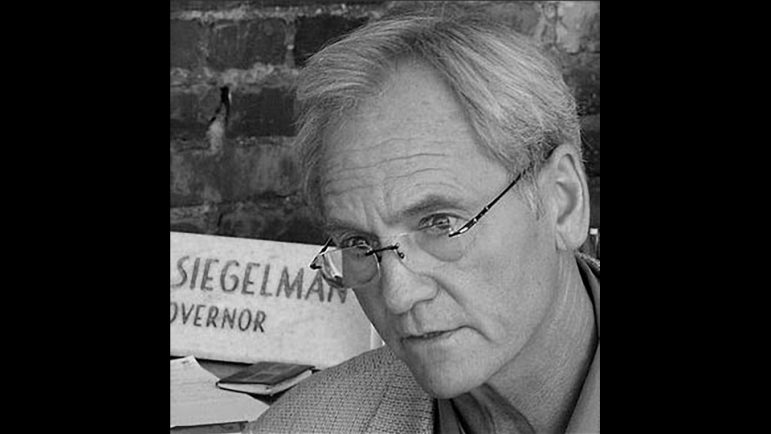It has been three years since former Alabama Gov. Don Siegelman was released from prison after being convicted of federal corruption charges in 2006. One thing remains unchanged about the case: Siegelman maintains he is innocent.
A jury convicted Siegelman of bribery for soliciting a $500,000 donation from then-HealthSouth CEO Richard Scrushy for a fund to support his education lottery campaign. Prosecutors say in exchange, Siegelman appointed Scrushy to a state hospital regulatory board. Siegelman said the prosecution was politically motivated.
In a new memoir, “Stealing Our Democracy: How the Political Assassination of a Governor Threatens our Nation,” Seigelman lays out how he saw the case and trial. But paints himself as a fighter for criminal justice reform after experiencing what he believes was an improper prosecution.
“I had believed throughout my life and throughout my term as [Alabama] attorney general that the process was basically fair,” Siegelman said in an interview with WBHM. “It was such a profound shock to my belief system that there was a flaw in our justice system. I just had to figure out what had happened and why it had happened. And not just to me, but then when I was in prison, why it happened to so many others.”
Siegelman took aim at prosecutorial power and proposed several changes including allowing lawsuits against prosecutors for wrongful imprisonment. He insists the proposals are not sour grapes nor is the current appellate process sufficient.
“There is an umbrella of protection over the actions of prosecutors,” Siegelman said. “We’ve got to remove that in the case where prosecutors knowingly and willfully present false evidence or extort or bribe or threaten or cajole a witness to lie, or withhold exculpatory evidence that results in innocent people going to prison.”
Alabama has seen a variety of corruption scandals in the last two decades, including one surrounding the two-year college system and the Jefferson County sewer system. Siegelman’s case is lumped in with them as part of a culture of corruption, but he maintained that his case is different.

